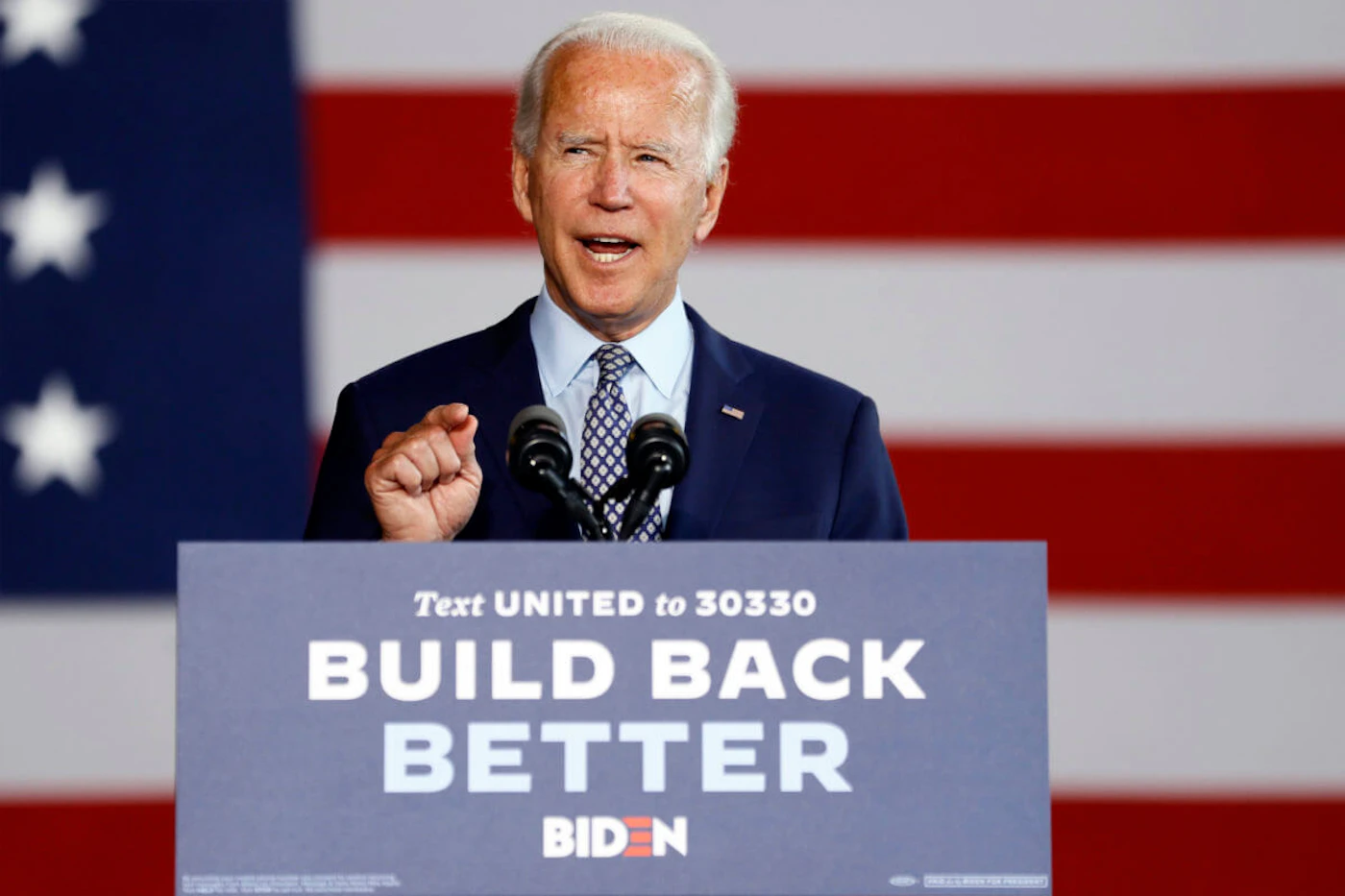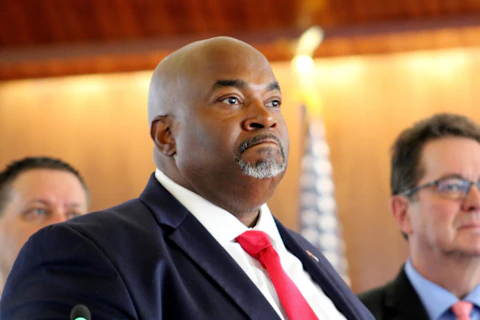The most sweeping reforms in 50 years are being debated in Congress, and it’s up to us to push it over the finish line, writes Robert Kraig of Citizen Action of Wisconsin.
Democracy is under siege, and the partisan assault on free and fair elections is only part of the threat. The inability of our government to act on our greatest challenges is corroding the public faith needed to sustain democracy. Whether we can change course and initiate a new era of reform is being decided right now in Congress. Only a strong and resounding public voice can push it over the top.
In terms of outputs, American democracy has been breaking since the 1960s and early ’70s, the last great era of economic and social reform. That era ended when large self-interested corporations supersized their lobbying, public relations, and campaign spending and largely took over Congress. Ever since, social and economic progress has stagnated even as the country grew wealthier in aggregate terms.
Over the last four decades, inequality skyrocketed, a billionaire class that dwarfs the 19th century robber barons grabbed the lion’s share of economic gains for themselves, central cities and rural areas were battered by a massive exodus of good jobs, and corporate-dominated globalization pulled the rug from under millions of African Americans and Latinos who migrated for manufacturing jobs. At the same time, disinvestment in the public sector made America’s economic safety net the stingiest in the developed world. Despite the promise of the 1960s, structural racism grew worse, taking on new hideous forms, and the greatest threat we have ever faced—catastrophic climate change—threatens the future of human civilization while our elected representatives fail to act and even make it worse.
This is why President Biden’s Build Back Better Act is a generational opportunity. For the first time in a half-century, we have a president seriously acting on the nation’s economic, social, racial, and ecological challenges up to the necessary scale.
Most of the benefits of the plan are in the $3.5 trillion budget resolution that a handful of corporate Democrats and all Republicans are seeking to block.
The toplines in four big areas are sweeping and impressive: good jobs, health care, poverty, and climate.
First, Build Back Better funds a series of long-overdue reforms that will dramatically expand economic opportunity for everyone while cutting the gender, racial, and regional wealth gaps.
According to the Economic Policy Institute, it creates over 4 million good family-supporting jobs, of which the lion’s share (81%) are created by the $3.5 trillion budget resolution. The much smaller roads and bridges bill a few corporate Democrats claim is sufficient gives a vast majority of jobs to white men, because they dominate the construction industry. If that is all we do, the gender and racial wealth gaps will grow worse.
Our economic crisis is not only about the number of jobs, but the loss of good jobs. The budget resolution closes the gender gap by investing in women-dominated professions such as home care, child care, and early education, making them living-wage careers for the first time. This also begins to close the racial wealth gap, as these professions draw millions of women of color. It will also create desperately needed living-wage jobs in every American community, including urban and rural communities left behind by the old economy.
The plan’s investments in guaranteeing affordable child care and 3- and 4 year-old preschool will boost family incomes by allowing millions more women and many men with caregiving responsibilities to enter the workforce who today have no choice but to stay home. The massive expansion of home care will give millions more adults who care for aging parents or family members with disabilities the freedom to re-enter the workforce. As caregiving disproportionately falls on women, this will reduce the gender wealth gap while also benefiting men.
The education investments in Build Back Better will improve economic opportunity for current workers and young people. Guaranteed preschool education will give our nation’s kids a much better start, boosting their educational achievement and life prospects. In an era where a high school diploma is rarely enough to enter the middle class, free community and technical college education will dramatically improve the career prospects of young people and while also providing an economic safety net for workers who need to change careers.
Another Build Back Better provision to address the chronic problem of poverty-wage jobs without benefits is a near tripling of the Earned Income Tax Credit, boosting their annual incomes by nearly $1000, and for the first time guaranteeing family and medical leave for every American worker. Shockingly 80% of private sector workers have no paid leave.
RELATED: Op-Ed: ‘You Don’t Speak for Me,’ Small Business Owner Tells Lobbyists Opposing Biden’s Agenda
Second, the $3.5 trillion budget resolution contains major reforms that will reduce skyrocketing health care costs for millions of Americans.
Build Back Better expands Medicaid to the 12 states with legislatures that are callously opting out. In Wisconsin, this will extend health coverage to 90,000 low-income working adults. It dramatically reduces premiums, and copays for people without coverage at work who buy in on marketplace. The plan also provides vision, dental, and hearing coverage as a basic Medicare benefit, something that should have happened decades ago. And at long last, it allows Medicare to negotiate with Big Pharma for lower prescription drug prices, making medications more affordable for everyone.
Third, Build Back Better takes the first major action to reduce poverty in over 40 years. In addition to the jobs programs, it makes permanent the enhanced child tax credit, which cuts the child poverty rate nearly in half while benefiting all families with kids. Because of our demographics the majority of children benefiting are white, but due to structural racism Black and Brown kids are disproportionately helped because they are much more likely to be poor.
Build Back Better also contains the first major housing investment in decades, building 2 million new homes for low income people, and banning exclusionary zoning rules which unfairly limit the supply of affordable housing.
Fourth, Build Back Better takes the first meaningful action in American history to begin to address the ticking time bomb of climate change, and in the process creates 763,000 good jobs in the fast-growing green economy. As we have only 8 years left to cut greenhouse emissions in half, it is not hyperbole to say that the fate of human civilization hangs in the balance.
With this impressive range of popular and overdue reform, you may ask how can passage of Build Back Better be in doubt?
No one is surprised that the increasingly extreme and anti-democracy GOP is in lock step opposition, but it can be passed with Democratic votes alone.
The national media is doing a great disservice by framing the debate as a philosophical divide between moderates and progressives in the Democratic Party. In fact, the President’s full Build Back Better Agenda is currently supported by over 95% of Democrats in Congress (256 of 270 Democrats in the House and Senate). Many close observers believe the House already has the votes, and that only two Democratic senators, Joe Manchin and Kyrsten Sinema, are standing in the way.
The small handful of holdouts are not motivated by principle, they are corporate Democrats shilling for the most selfish corporate interests like Big Pharma, which has made price-gouging a business model and a fossil fuel industry willing to unleash a climate catastrophe on future generations for short-term profit. Both Manchin and Sinema have the audacity to fundraise from these interests during the legislative process.
But with a loud enough public voice right now, these recalcitrant senators will give way. We need absolutely everyone to do what they can to get the word out, pressure Congress, and tell your friends and families the stakes. That is how the Affordable Care Act was saved from almost certain repeal in 2017.
In the early 1930s, many leading commentators predicted that the failure of the government to meaningfully address the economic misery of the Great Depression would lead to an authoritarian government capable of acting boldly. FDR’s success in enacting bold New Deal legislation likely saved American democracy.
We now face a 21st-century crisis in confidence where democracy must prove itself capable of rising to new challenges. It is up to us to prove that democracy still works by passing the entire Build Back Better agenda.





